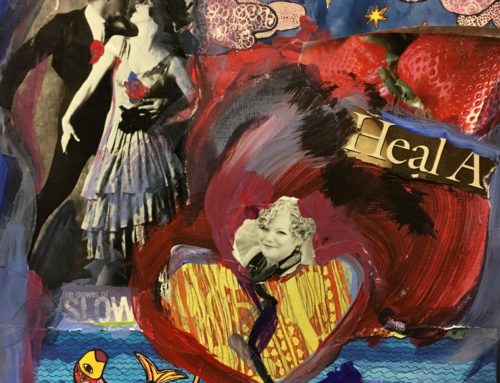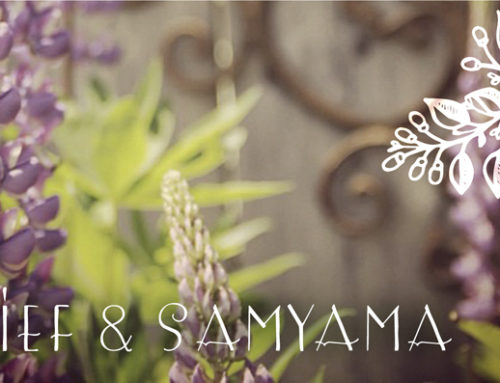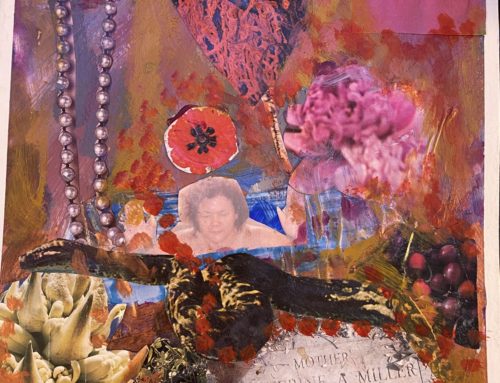Today’s subject is men’s grief process and how men relate to loss. This will be one of the offerings we are creating in the Being with Grief program.
Men approach grief from their own unique perspective.
We grieve in our own way, depending on how we were brought up, what we have experienced and how we were influenced.
Grief is a normal and natural internal reaction to a loss of any kind. Grief is made up of the conflicting feelings caused by the end of or change in a familiar pattern of behavior. The distress and internal conflict can paralyze even the most logical of us.
This is so different from the types of simple communication and exchange that men do in a normal day. When something needs to be done, an order is given and the response is the action that gets the job done. When grief is present, distress can cause a disconnect from everything thus making even easy tasks seem overwhelming.
What I know is that men do not let their armor down and show the wound.
The effort that goes into any battle prevents it. Once the wound is there, it is usually ignored and left without any attention being paid to it. Healing does not seem possible, so it is better to just “get over it” burying the pain so that life can go on. Men tend to stand in their courage and attempt to vanquish this distress. Since society holds men to shoulder the burden, many men spend time alone in their attempt to heal.
Men also do not know how to treat a wounded brother. If I were to acknowledge my pain in a group of male friends there would not be a combined effort to encourage and sustain me. There would more likely be silence or worse; some kind of remark negating my feelings. The result is that most men hold pain inside. Showing sympathy can be seen as a sign of weakness so support is less likely to come from another guy.
So how do we change this and make the men’s grief and loss experience more accepting?
One way is creating a safe environment of non-judgement allowing the inner shell to break open and expose the hurt. Any deep work needs this type of container. Knowing that your words are secure and that your feelings will not be compromised is crucial for the healing process to take place.
Another way is working with men’s groups that teach the importance of clearly naming feelings. This is much like being in the moment and allowing the feelings to be named and experienced as they appear. For example, naming a perceived slight or injustice that needs to be cleared thus improving and mending a relationship. This confronting of another in a circle of trust allows the wounded one to name the hurt before the offender and be acknowledged.
Doing grief work, confronting pain, naming it and having that feeling acknowledged releases the stress and allows healing.
To have your pain seen by another, to have it acknowledged, and witnessed is a meaningful step in reclaiming wholeness.
There is no shame or stigma in seeking assistance in the recovery from the loss that occurs upon the death of a beloved. As a man I am not weaker because I sought the wisdom of someone with the knowledge I need to cope and recover. Understanding what grief is and what it does is part of the solution. So, obtaining tools to navigate the experience and use them is an opportunity to discover something about yourself. Dan Loeffler



Leave A Comment